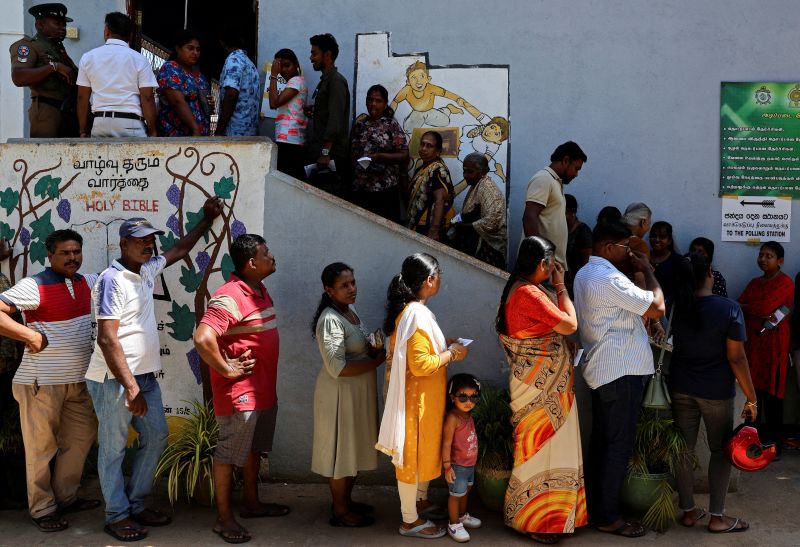The Election Outcome
The political landscape of Sri Lanka witnessed a significant shift as it recently elected Anura Dissanayake, a candidate with distinctive Marxist leanings, as its new President. Dissanayake, who heads the Janatha Vimukthi Peramuna (JVP) or the People’s Liberation Front, emerged victorious in an election that was marked by its focus on redressing economic inequality and inefficiencies.
Dissanayake’s Economic Perspective
Known for his strong Marxist views, Dissanayake’s approach to economic policy stands in sharp contrast to the neoliberal policies pursued by his predecessors. His vision revolves around an economy that combats inequality across the economic spectrum. This economic restructuring aims to eradicate poverty, promote income equity, and prioritise the needs of the socially vulnerable population, while bolstering the economic development of the nation.
The Role of the JVP
The JVP, a socialist party that Dissanayake leads, has historically been known for its militant Marxist ideology. Over the years, however, it has transitioned itself into a political party, upholding a democratic socialist standpoint. The election of Dissanayake as President sheds light on the extent of public support for the party’s social agenda, particularly its dedication towards upgrading the living standards of the masses.
Fixing the Economy
The key to the Presidency for Dissanayake was his promise to overhaul the country’s economy, which had been struggling under the weight of massive debt, slow growth, and high unemployment rates. A vital aspect of his plans includes curtailing the expanding wealth gap in the country, emphasizing the fair distribution of resources and income.
Dissanayake plans to invest heavily in healthcare, education, and social welfare programmes, recognising the undeniable connection between these sectors and economic growth. He is also set on combating corruption which has significantly hindered the growth of the Sri Lankan economy.
Revamping the Agriculture Sector
A glaring issue for the Sri Lankan economy has been its lagging agriculture sector. As many as 2.1 million households derive their livelihoods from this sector, making it crucial to the country’s overall economic health. To enhance the profitability and sustainability of this sector, Dissanayake proposed the introduction of modernised farming techniques, better accessibility to high-quality seeds and fertilisers, and increased credit access for farmers.
Reactions to the Election Results
The international community has received the election results with cautious optimism. Financial markets have indicated an increase in investor confidence following Dissanayake’s speech on a well-structured economic recovery plan. Depending on the efficacy of the implementation of his policies, Sri Lanka may witness a reversal of its economic fortunes, bringing prosperity and growth to this island nation.
Sri Lanka’s journey, under the leadership of Dissanayake, promises to be fraught with challenges. However, the new President’s determination to address prevailing economic disparities and better the lives of all Sri Lankans has undoubted appeal. In the face of these challenges, Dissanayake reaffirms his commitment, firmly echoing Marx’s famous words: From each according to his ability, to each according to his needs.”




